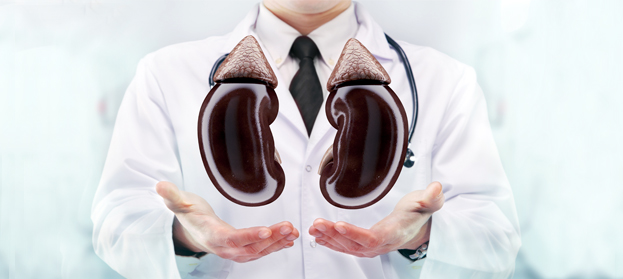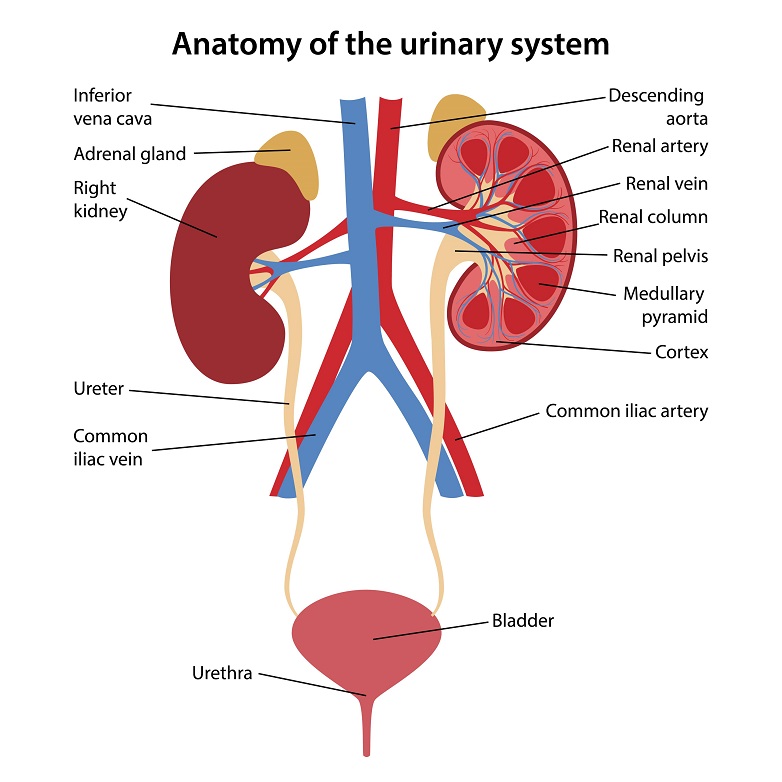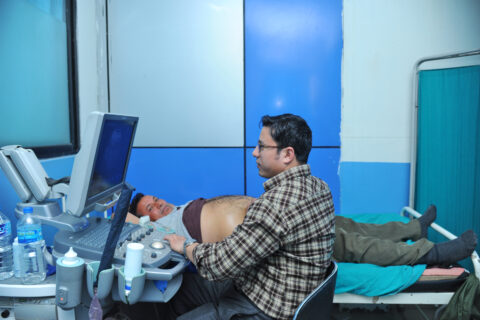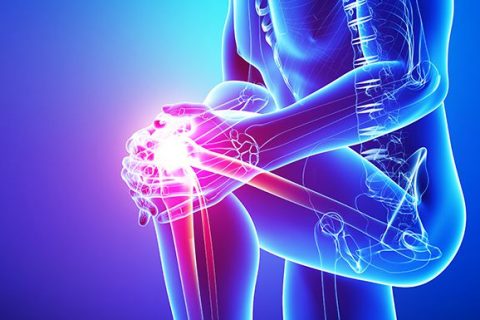
Kidney Specialist
KIDNEY
The kidneys are bean-shaped organs that serve several essential regulatory roles in vertebrates. Their main function is to regulate the balance of electrolytes in the blood, along with maintaining pH homeostasis. They also remove excess organic molecules from the blood, and it is by this action that their best-known function is performed: the removal of waste products of metabolism. Kidneys are essential to the urinary system and also serve homeostatic functions such as the regulation of electrolytes, maintenance of acid–base balance, and regulation of blood pressure (via maintaining the salt and water balance). They serve the body as a natural filter of the blood, and remove water-soluble wastes which are diverted to the bladder. In producing urine, the kidneys excrete nitrogenous wastes such as urea and ammonium. They are also responsible for the reabsorption of water, glucose, and amino acids. The kidneys also produce hormones including calcitriol and erythropoietin. An important enzyme, renin, is also produced in the kidneys which acts in negative feedback.
Located at the rear of the abdominal cavity in the retroperitoneal space, the kidneys receive blood from the paired renal arteries, and drain into the paired renal veins. Each kidney excretes urine into a ureter which empties into the bladder.
Renal physiology is the study of kidney function, while nephrology is the medical specialty concerned with kidney diseases. Diseases of the kidney are diverse, but individuals with kidney disease frequently display characteristic clinical features. Common clinical conditions involving the kidney include the nephritic and nephrotic syndromes, renal cysts, acute kidney injury, chronic kidney disease, urinary tract infection, nephrolithiasis, and urinary tract obstruction.[1] Various cancers of the kidney exist. The most common adult renal cancer is renal cell carcinoma. Cancers, cysts, and some other renal conditions can be managed with removal of the kidney. This is known as nephrectomy. When renal function, measured by the glomerular filtration rate, is persistently poor, dialysis and kidney transplantation may be treatment options. Although they are not normally harmful, kidney stones can be extremely painful.



